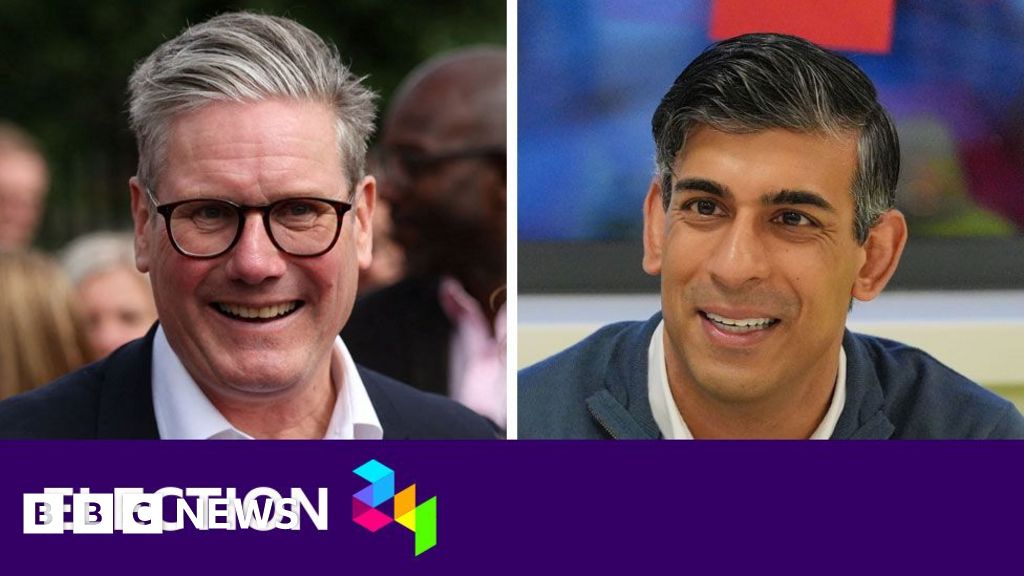With the general election campaign coming to a close, up to one in five voters have already cast their ballots via post in recent weeks. The remainder will take to the polls tomorrow. The election roadshow began six weeks ago, after Prime Minister Rishi Sunak’s drenching in Downing Street. However, the colossal gap in the opinion polls between Labour and the Conservatives has barely shifted over the past month. The Conservatives’ top-down ranks expect to lose, while Labour prepares for government and faces the threat of complacency.
The Conservatives’ chameleon-like reinvention began to collide with its own contradictions. Was Rishi Sunak seeking to own the party’s long stint in office, or distance himself from it? The past 14 years of Conservative-led government have been shaped by two referenda: Scottish independence and Brexit, as well as Covid and the war in Ukraine. The resulting cast of Conservative MPs elected in 2019 was an improbable coalition sent to parliament when desperate for the Brexit referendum impasse to end and the UK’s departure from the EU was achieved.
Moreover, no party has won five general elections in a row in modern times, a harsh truth from Sunak’s point of view as he heads towards the election. The other significant fact is the arrival of Nigel Farage as both a candidate and the new leader of Reform UK, matching the uptick in the opinion polls with the uptick in the Conservative Party’s blood pressure. Zia Yusuf is a name to watch from the Reform UK party, being a Muslim thirtysomething tech entrepreneur who has donated hundreds of thousands of pounds to Reform UK; he spoke at a rally in Birmingham over the weekend with a political case in a markedly different tone to that of Farage’s.
The Liberal Democrats, who struggle to gain traction in the shadow of the giants in Westminster, are confident they can capitalise on what they see as disdain for the Conservatives in parts of the country which are not enamoured by Labour. It looks likely that they may overtake the Scottish National Party to become Westminster’s third biggest party pushing back the strength of the political case for another Scottish independence referendum. Finally, the Green Party of England and Wales may fare strongly in parts of Brighton, Bristol, and Suffolk.
In conclusion, while politicos ponder the political landscape, for the voters, the threshold of a landmark general election looms
Read the full article from The BBC here: Read More
